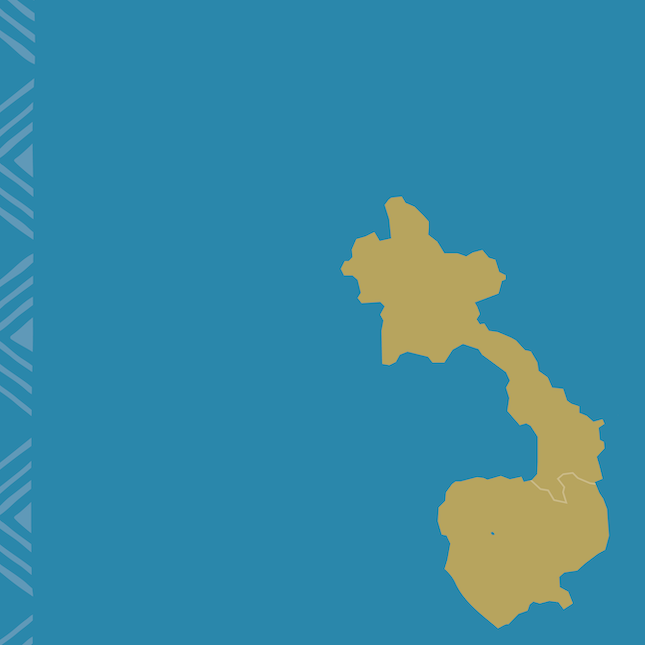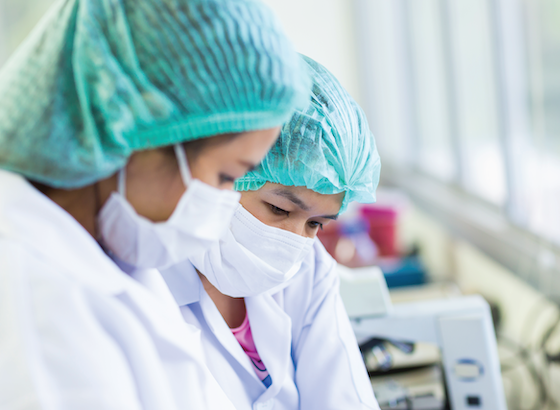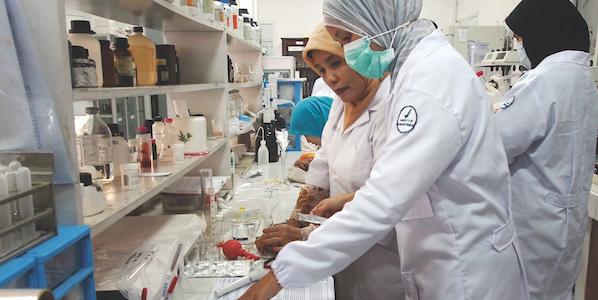Globally, more than 1,500 cases of poor-quality medicines have been reported to the World Health Organization (WHO), including from Southeast Asia. Studies in both Cambodia and Laos found high rates of substandard and falsified medicines, including among antimalarials and commonly used antibiotics.
What’s at stake
Poor-quality medicines can lead to unnecessary harm or death and substandard antibiotics can accelerate the development of antimicrobial resistance. National quality control laboratories are critical to detecting poor-quality medicines, but many lack the capacity, technical know-how, equipment, and resources to effectively carry out their mandate.
Strengthening national quality control laboratories in Laos and Cambodia will help protect patients from poor-quality medicines.


Project at-a-glance
- Timeline: 2020 – 2023
- Countries: Cambodia, Laos
- Donor: Australian Government Department of Foreign Affairs and Trade (DFAT) and Cambodia National Health Quality Control (NHQC) Laboratory
- Technical areas: Lab systems strengthening, strategic planning
Project goals and objectives
- Build capabilities of the national quality control laboratories (NQCLs) in Cambodia and Laos to reliably perform quality control and testing of medical products.
- Provide tailored technical expertise to ensure both labs achieve global accreditation, specifically WHO prequalification and ISO 17025, and to ultimately protect patients.
Results
- Strengthened quality management systems and expanded analytical and testing methods for infectious diseases, microbiology, and medical devices, culminating in successful ISO 17025:2017 accreditations in Laos and Cambodia.
- Developed the first-ever strategic plans to further improve and expand laboratory services and promote long-term sustainability.
- Facilitated a regional study tour to strengthen collaboration and knowledge exchange for achieving and maintaining international accreditation among NQCLs in Cambodia, Laos, Indonesia, and Papua New Guinea.
- Conducted hands-on and theoretical trainings that resulted in a 20 percent increase in pre- vs. post-test scores indicating successful knowledge transfer on key quality control topics.
- Analyzed technical guidelines, manuals, and procedures to provide timely feedback and updates and supported improvements to lab infrastructure.


Ensuring quality medicines for patients in Southeast Asia
Laboratories strive for global accreditation and beyond

Bolstering public health laboratory networks
Institutionalizing quality in laboratory processes, personnel, and performance



